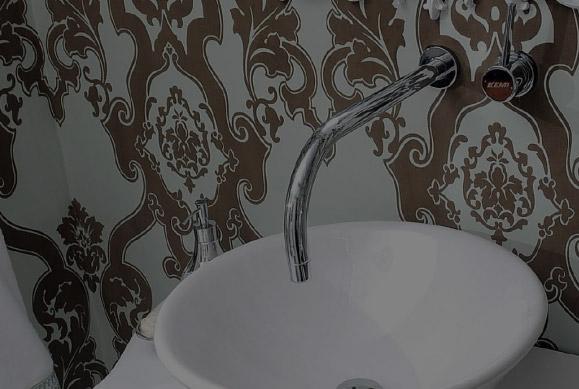Phone:+86-13906742187
A brass basin faucet is a type of water control valve designed to regulate the flow of water from the plumbing pipes to a basin or sink. It is typically installed on the sink's countertop or deck and is used to control the temperature and flow of both hot and cold water.
Brass is commonly used in faucet construction due to its numerous desirable properties that make it an excellent choice for this purpose. Here's why brass is a popular material for manufacturing basin faucets:
Durability: Brass is a highly durable and robust material. It can withstand exposure to water, heat, and everyday use without corroding or deteriorating quickly.
Corrosion Resistance: Brass has inherent resistance to corrosion and rust, which is crucial for any material in constant contact with water. This resistance ensures the longevity of the faucet and maintains its appearance over time.
Aesthetic Appeal: Brass has an attractive appearance that can add a touch of elegance and sophistication to bathroom decor. It can be polished to a high shine or given various finishes, such as brushed, satin, antique, or oil-rubbed.
Malleability and Formability: Brass is a malleable metal, meaning it can be easily molded into intricate shapes and designs. This makes it ideal for creating the diverse and stylish faucet designs seen in the market.
Excellent Machinability: Brass is relatively easy to work with using machining and manufacturing processes. This allows for precise construction of internal components and threads.
Good Thermal Conductivity: Brass has good thermal conductivity, which means it responds quickly to changes in temperature. This feature is important for maintaining consistent water temperature and preventing scalding.
Compatibility with Water Systems: Brass is considered safe for contact with potable water. It doesn't introduce harmful substances into the water supply, making it suitable for use in faucets.
Low Lead Content: Modern brass faucets are designed to have low lead content to meet safety regulations and protect water quality.
Stability: Brass remains stable in various temperature and pressure conditions, ensuring the faucet's functionality remains consistent.
Ease of Maintenance: Brass faucets are relatively easy to clean and maintain. Routine cleaning helps keep their appearance and functionality intact.
While brass is a preferred material for faucet construction, it's important to note that the quality of the faucet depends not only on the material but also on the manufacturing process, design, and additional components used. When choosing a brass basin faucet, it's advisable to consider factors like the brand reputation, warranty, finishes, and overall design that suit your preferences and needs.

 English
English Español
Español Deutsch
Deutsch 中文简体
中文简体














